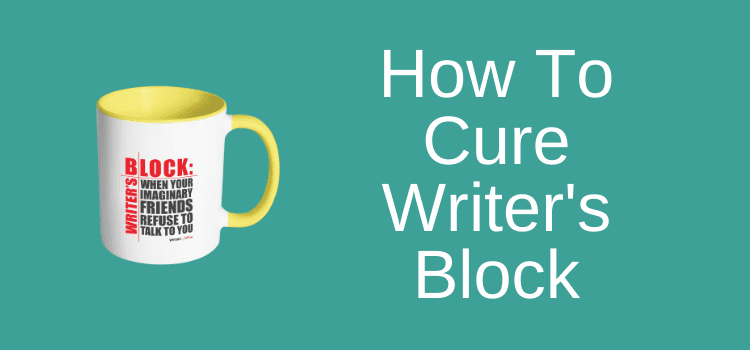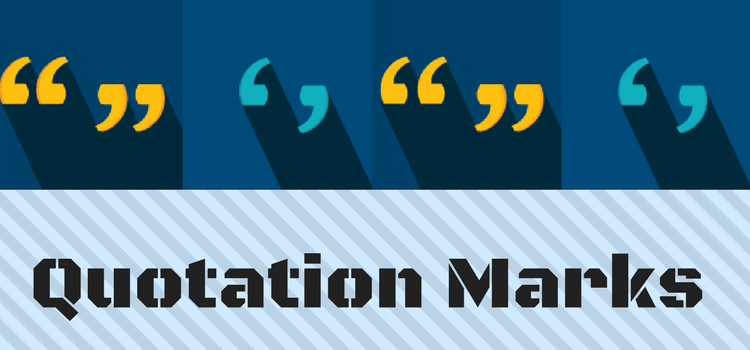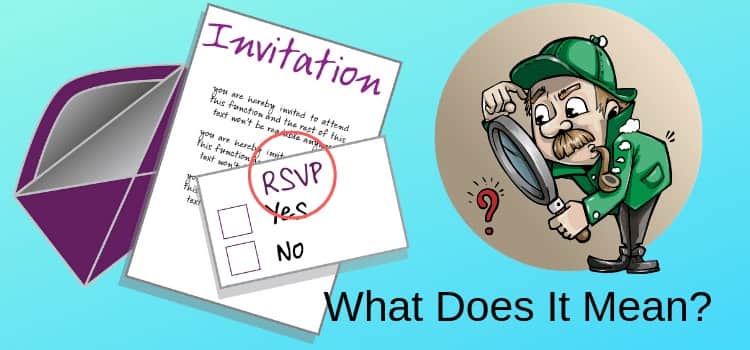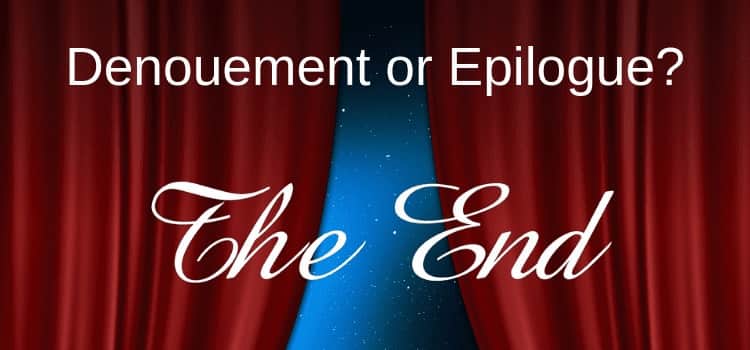
What’s the difference between a denouement vs. epilogue? The denouement and an epilogue are both literary devices.
It is worth understanding the difference between these two story elements for new writers.
While not always essential in short stories, a novel will always have a denouement.
Gustav Freytag, a German novelist and playwright, outlined the five parts of a plot.
The Freytag Pyramid
Look at the Freytag pyramid below.
The plot of a story is made up of five parts: exposition, rising action, climax, falling action, and denouement.
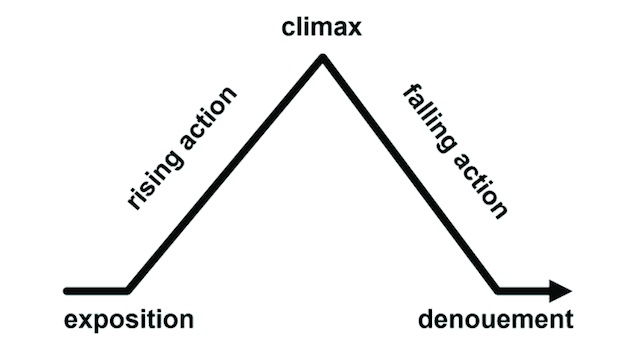
The exposition could also be called the introduction, while denouement could entail resolution, revelation, or even catastrophe.
What is the Denouement?
Dénouement derives from an Old French word, desnouement, meaning an untying. From French desnoer, from des-, de- + noer, to tie. To undo, unknot, or untie from old French.
In modern French dénouement means outcome or conclusion.
In a literary work, you can define denouement as the final part of the story when all the elements reach a satisfactory conclusion.
And they all lived happily ever after, which encapsulates in simple terms the sense that all the knots in a story are resolved.
In other words, the denouement definition is when an author ties up all the loose ends.
In books today
Think about some detective mysteries you have read.
It is when the detective often gathers some characters together to explain how they solved the case.
For a romance story, after the climax of untying all the misunderstandings, misadventures, missteps, and perhaps threats, the denouement will explain how happy the hero and heroine will be in the future.
However, for authors of a series of novels, sometimes there is a need to create anticipation for the next book.
A cliffhanger ending is the most common device.
But you should be careful about using this ending technique for a stand-alone title.
Unless you know what you are doing, it could leave readers dissatisfied.
They could feel let down after reading hundreds of pages that lead to an open ending.
Following a period of intense climax, a well-written ending or denouement should begin to let your reader come down slowly from all the action.
Loose ends
Another critical point for writers to remember is Chekhov’s Gun.
“If in the first act you have hung a pistol on the wall, then in the following one it should be fired.” Anton Chekhov
It is an excellent reminder to make sure you have not left any unfired pistols in your story.
While the denouement can be used for this purpose, it should not be where a lot of forgotten loose ends in a story are conveniently tidied up.
Every story must end. It is up to the skill of the author to write an ending that will be satisfying for the reader.
What is an Epilogue?
From late Middle English: from French épilogue, via Latin epilogus and Greek epilogos, from epi ‘in addition’ + logos’ speech.’
The difference between denouement and epilogue is that one comes before and one after “The End.”
The definition of the word epilogue pertains to a speech in addition to and after the story has concluded.
Although less popular today in literature, it is the part of a book where the author will speak directly to the audience or reader.
The author may discuss the fates of the characters or add information that was not relevant to the story.
It is the opposite of a prologue, which comes before a story starts.
Again, it is a part of literature that has lost favor in recent times.
Summary
Once you know the difference between denouement vs. epilogue, it is easy to define where they will fit in your story.
One is a conclusion or resolution, and the other is an afterthought.
A denouement is the resolution of a story’s conflict, and an epilogue is an additional section at the end of a story that provides an update on the characters’ lives.
The most crucial point to remember is that all stories will have a denouement, which is an essential part of the plot.
But very few will contain or need an epilogue.
Related reading: Are You Writing A Memoir Or Autobiography? How To Tell

